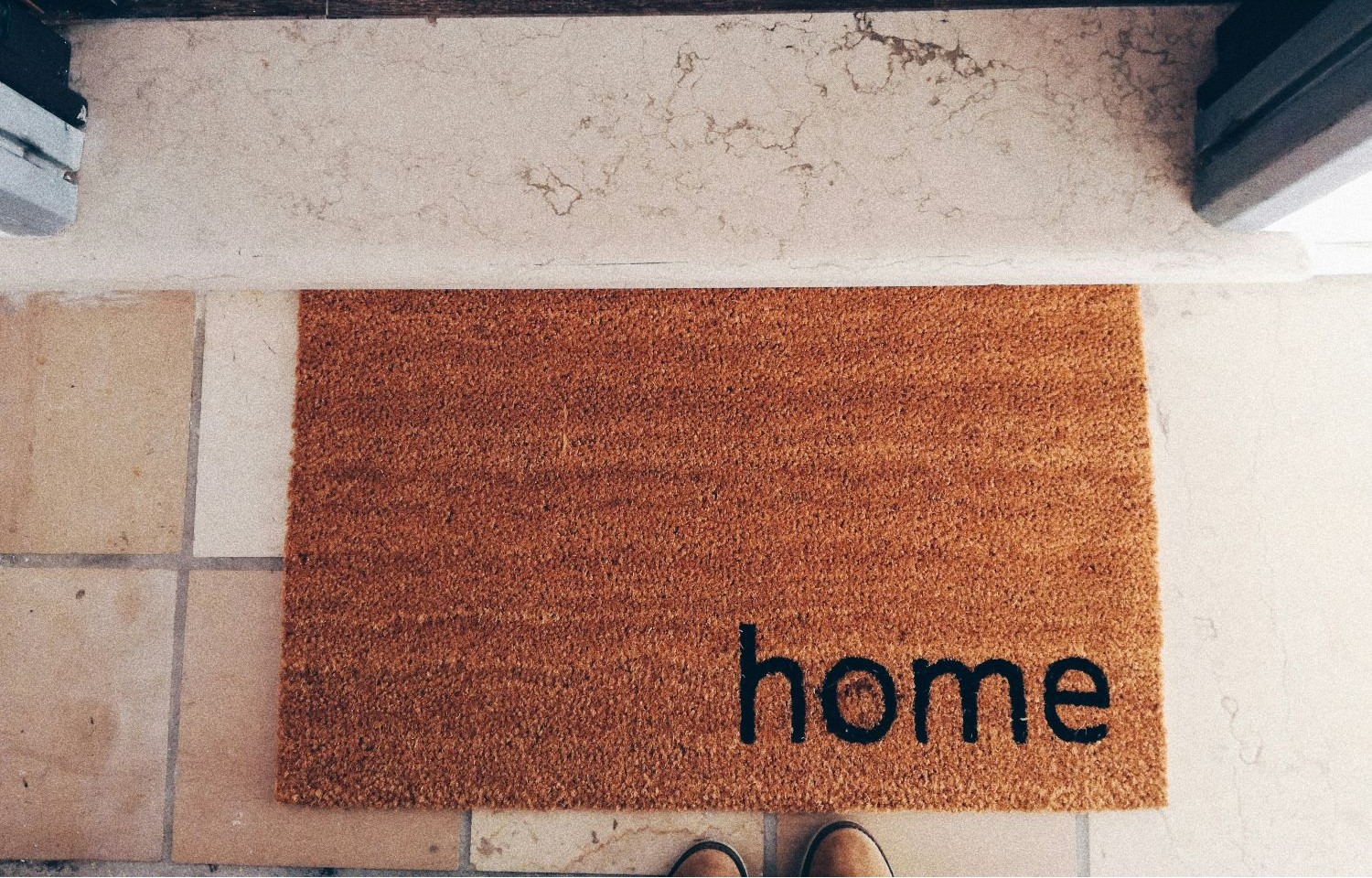Purchasing your first home is an exciting experience but can also be a daunting one. There are a lot of things you need to know when you’re looking to make that first step. Below is a guide for first home buyers looking to enter the property market.
It is often tempting to put an offer in on a property as soon as you have walked into the first open home but there are a few things you should look at before signing the Agreement for Sale and Purchase.
Budget
The first thing to consider is your budget. The Bank will generally require you to have a 20% deposit which is often challenging for first home buyers, however there are options available to help which include your personal savings, your Kiwisaver (provided you have been a contributing member for at least three years and are eligible for a first home withdrawal) and gifting, loans and guarantees from family. It is important to be realistic about the amount you can afford while also taking into consideration how much the vendor is expecting to get for the property.
Type of Property
The second thing to consider is what type of property you are buying. In New Zealand there are four main types of property, these are:
- Freehold also known as Fee Simple;
- Cross Lease;
- Unit Title; and
- Leasehold.
Therefore, before you put your offer in or during your due diligence, it is a good idea to review the Record of Title to the property to ascertain what restrictions or interests you should be aware of. For example, while a property may be freehold, it could be subject to easements and covenants, among other interests, that may impose obligations on you as the property owner or restrict any plans you may have for the property.
Conditional or Unconditional?
The third thing to consider is the type of offer. There are two options when making an offer on a property, which are a conditional offer or an unconditional offer. An unconditional offer is one where there are no conditions attached to the offer, and you carry out your due diligence prior to making the offer. A bid at auction is an unconditional offer and you will be advised of all the due diligence you need to complete before the auction day. A conditional offer is one where you can specify conditions that must be satisfied before you declare the Agreement for Sale and Purchase unconditional and all conditions must have a timeframe attached.
What kinds of conditions should you include in your offer?
Not many first home buyers can put in a cash unconditional offer, and we generally wouldn’t recommend it as this may be one of the biggest investments and you will want to ensure you complete your due diligence on the property to be satisfied with all aspects of the property.
We can prepare your offer to the vendor of the property or review an offer prepared by a real estate agent before you sign. A few of the most common conditions included in agreements are as follows:
- Finance– you may already have pre-approval from your bank but there may be conditions attached to the approval such as a requirement to obtain a registered valuation of the property or a building report, both of which can take a number of days. In addition, if you will be using your Kiwisaver as part of the deposit, you will need to ensure the finance condition is at least 10 to 15 working days so your Kiwisaver provider can process your application and you can complete any checks required by your bank. It is important that you have a confirmed offer of finance before the agreement becomes unconditional.
- Building report– This is a report undertaken by a registered building inspector. They will assess the property and indicate any areas of concern, highlight issues that need to be resolved in the property and give you a better indication of the condition of the property you are looking at purchasing.
- LIM– This is a Land Information Memorandum, a report provided by the local council which will tell you if building works have been consented to, provide information regarding council services to the property (such as sewerage and water) and highlight any possible risks known to the council affecting the property such as flooding or erosion.
We can also recommend bespoke conditions, depending on the type of property and your particular circumstances. We can help look through building reports and LIMs and highlight key issues you should be aware of. Should these documents raise issues, we can liaise with the vendor’s solicitor to request they rectify any issues prior to settlement or negotiate a price reduction as a result of any issues the property may have.
In an ideal world, your offer would be conditional upon as many conditions as you feel are necessary but consideration should be given to the number of conditions you put in your offer so you can put your best offer forward.
Pre-settlement inspection
The vendor also leave behind a number of chattels (such as carpets, heat pumps, dishwasher and stoves) in the property, so while you inspect the property it is a good idea to note the conditions of the chattels. If you go unconditional on the property, you will be able to inspect the property again before the settlement date and check all the chattels are in reasonable working order and in the same condition as you first inspected them, this is known as a pre-settlement inspection.
Insurance
It is also important to liaise with insurance companies as you will be required to hold sufficient house insurance prior to the settlement date. If your bank is providing a mortgage for the property, your bank must be recorded on the policy as the interested party. Have a look at insurance options, read the policy wording and get a home insurance quote which will help you understand the terms of the insurance cover and its cost so you can account for it in your budget.
Before you sign an agreement for sale and purchase, or bid at auction, we recommend you talk with us and we will make assist to make sure that the process run smoothly. Once you have an unconditional offer on a property we will prepare all necessary documents and attend to settlement on your behalf. We pride ourselves on assisting first home buyers and making your first home purchase as stress free as possible.









